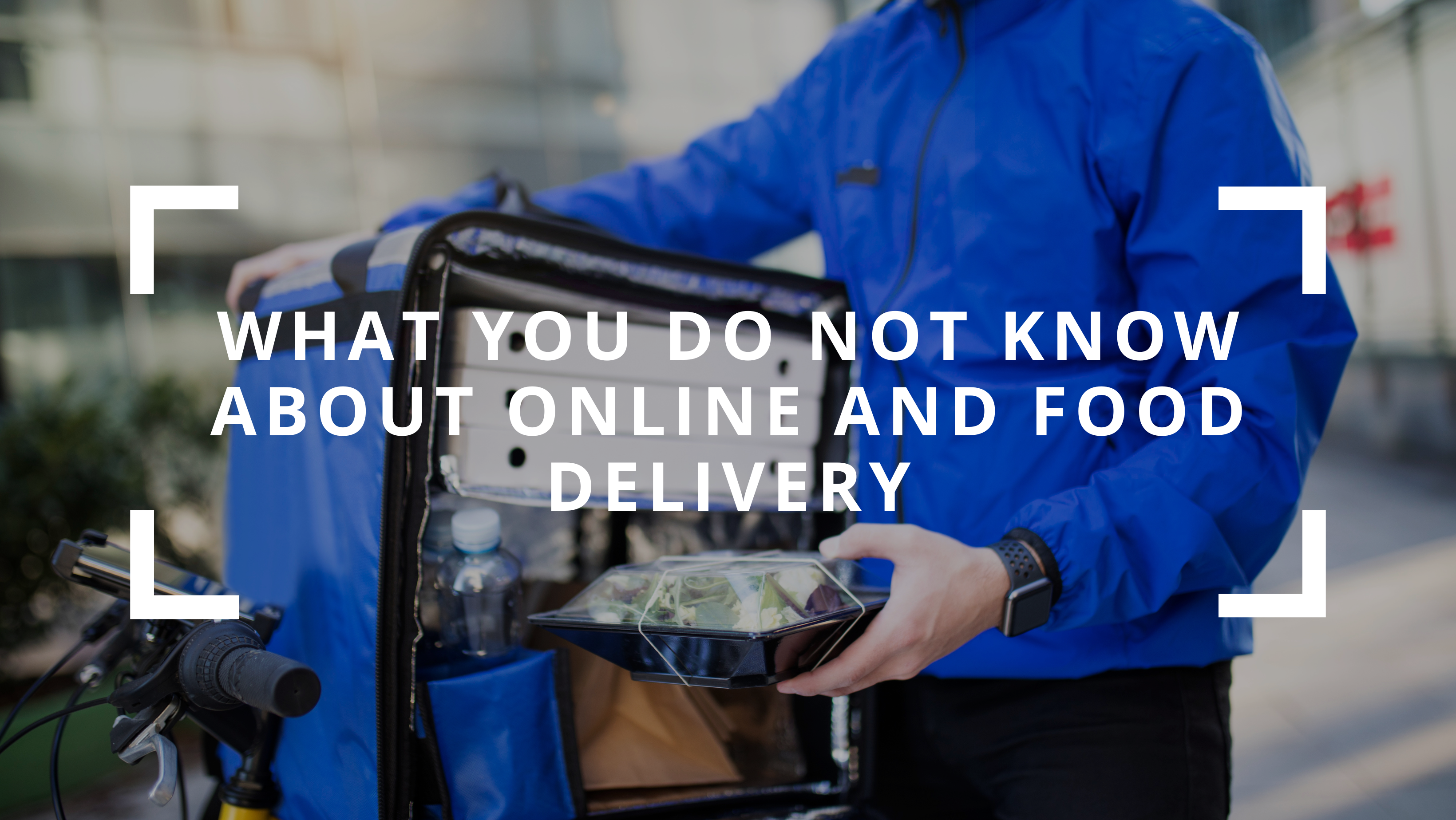
Take your phone out of your pocket, open a food ordering app, pick your restaurant and dishes, and sit back and enjoy! Then you should expect piping hot meals brought to your door in a matter of minutes by someone riding an electric bicycle. But it’s not just the food that’s delivered; the plastic bags, boxes, and cutlery that come with it are wreaking havoc on the atmosphere, requiring shoppers, restaurants, and businesses to clean it all up.
Fast Food, Fast Disposal: The Impact You Never Considered
A standard order will involve two or three cardboard crates, each held in one or two plastic bags, as well as an assortment of disposable chopsticks, spoons, and soup cups, as well as drink cartons or cans. Food delivery boxes are mostly made of plastics like polypropylene and polystyrene, as well as paper and aluminum foil.
Although plastic containers are not biodegradable, they are used in 70% of deliveries. And the situation is likely to worsen.
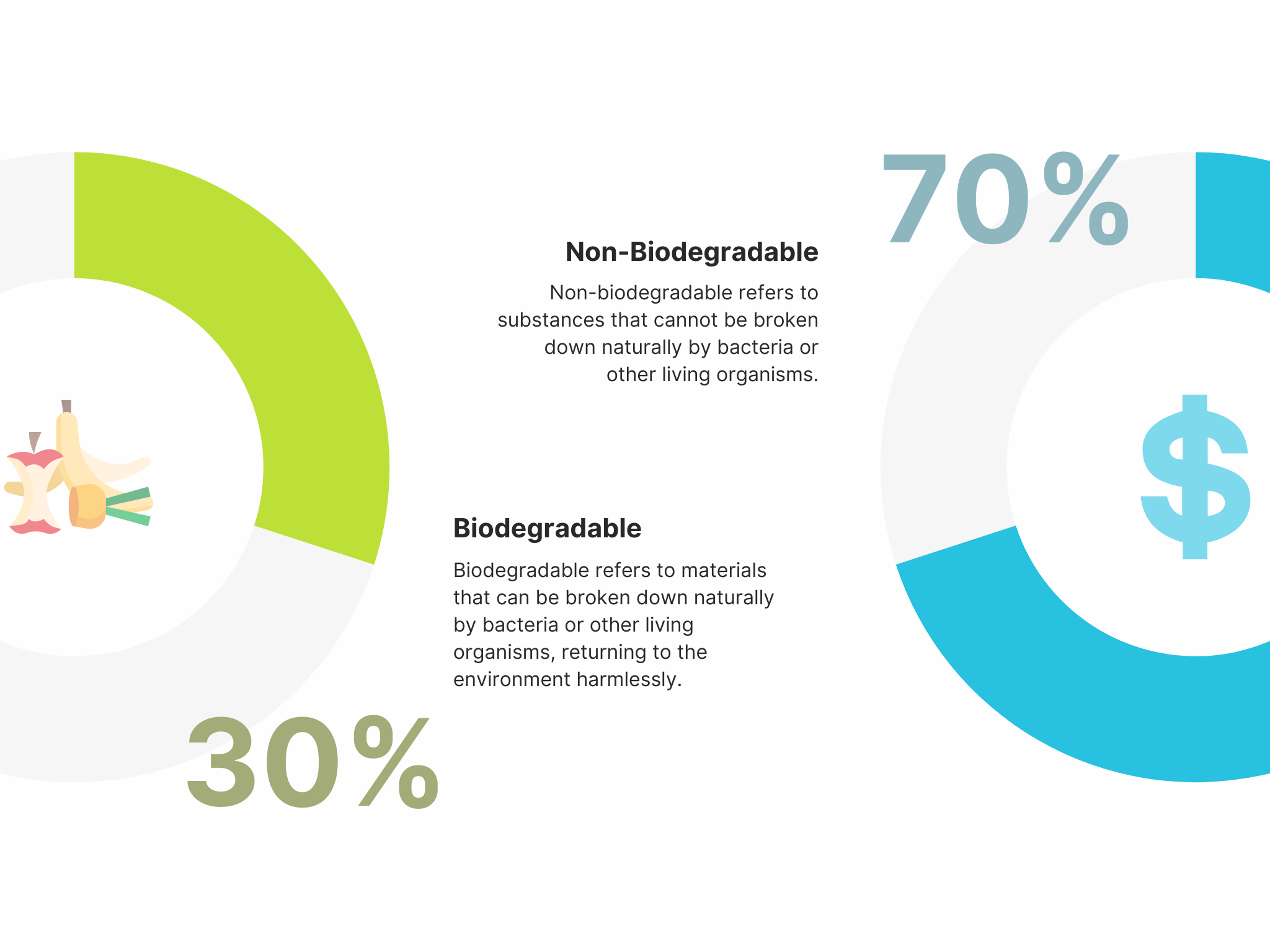
According to a 2017 survey, online takeaway food orders would rise 700% from US$14.6 billion to US$70 billion by 2021, according to a study hoping to benefit from the sector’s development.
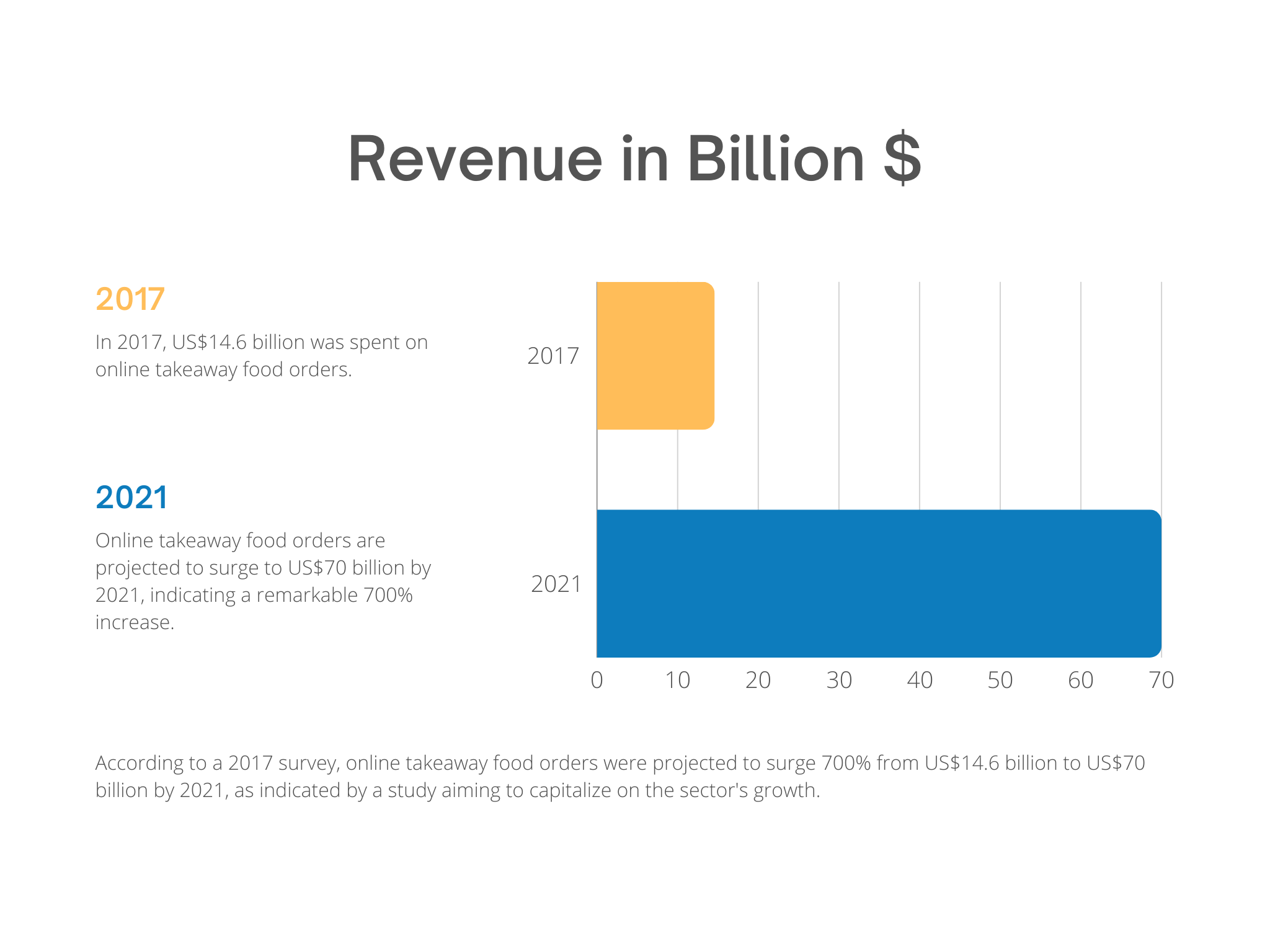
The Problem of Single-Use Package Littering
Single-use plastics, such as straws, cups, and takeaway containers, are becoming more popular in everyday life. Due to COVID-19-related closures and distancing steps, plastics in grocery distribution, takeaways, and online shopping have recently seen an increase. When discarded and not well handled, they will pollute the surface or infiltrate water supplies and the ocean, posing a threat to aquatic life. The COVID-19 crisis has heightened the need for advice on how to cope with single-use plastics. Increased demand for food distribution and takeaway addresses health and sanitation issues, but it also results in a significant and concerning rise in single-use plastic waste.
Packaging as a whole — that is, packaging for fruit, alcohol, cosmetics, and drugs — accounts for 30% of urban solid waste in the United States. This totaled 80.1 million tons in 2017. The proliferation of app-based food-delivery platforms such as DoorDash, Grubhub, and Uber Eats, which make ordering in and chilling simpler than ever, isn’t helping. According to one research group, the online food-delivery industry in the United States will rise 6.5 percent annually from $22 billion in 2019 to $28 billion in 2023. Grubhub alone (which also owns Seamless) made $5.1 billion in gross food revenue in 2018, up 34% from $3.8 billion the previous year. Uber Eats grew by 149 percent to $1.5 billion in the same year.
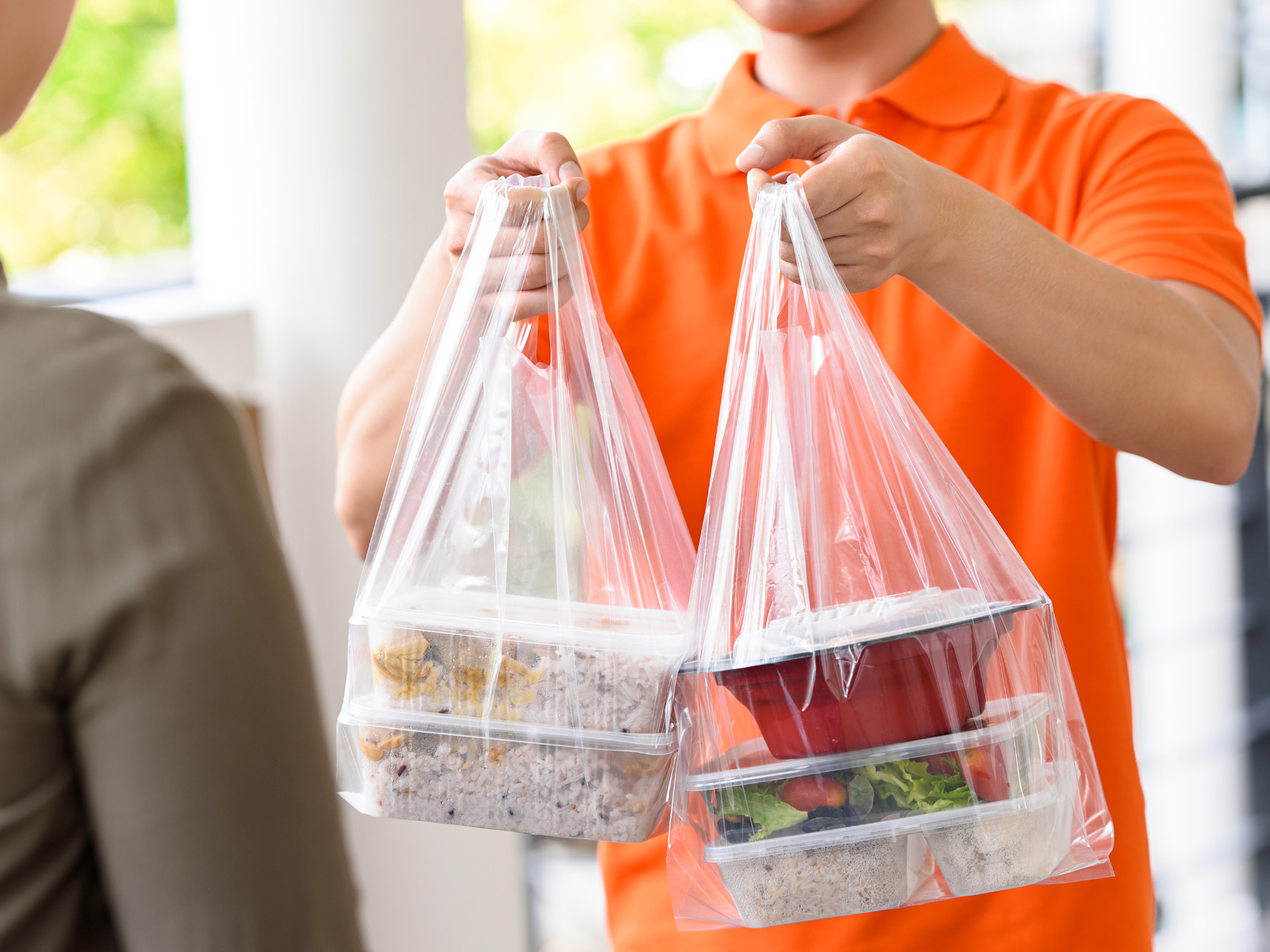
Other Problems in the Online Delivery Sector
Online delivery, particularly food delivery contains a ton of problems, one of which has been addressed extensively above. However, you would be amazed to know what other things have been hidden from the general public. Firstly, the working conditions in delivery warehouses and factories are suffice to say, absolutely deplorable. Laborers are forced to work for far more hours than they are paid. Many people constantly work for 18-19 hours a day without breaks and with extremely low salaries. This results in their exploitation and even after this, the conditions workers are working in are not fit for anyone. They are given far too much stress, which is not at all appropriate for the low salary they are getting. Furthermore, as restaurants are now registered on online platforms as Uber eats, they have to pay 30% of their sales to them, increasing prices for both restaurants and consumers. This unfortunate effect can be reduced drastically if customers employ the habit of ordering food and picking it up themselves, decreasing the extra fee and saving the environment.
Waste Reform: Expanding Producer Responsibilities
Littering is becoming more prevalent. Who should be responsible for waste management and shoulder the costs? The lawmaker resolved this current problem by proposing an amendment to the Circular Economy Act. The article addresses the recently expanded producer responsibilities, which are closely linked to the ongoing controversy on food waste and plastic packaging, in addition to the problem of littering.
Extended Product Responsibility (EPR)
Article 23 et seq. of the Circular Economy Act regulates product liability, which is a core component of the polluter-pays concept. This obligation applies to the Waste Framework Directive’s expanded producer responsibility. It sets the groundwork for waste management and high-quality, resource-efficient waste recovery. Waste generation can be avoided right at the start of the manufacturing process. It is too late to manage waste flows in an environmentally sustainable way. Individual facets of commodity liability are mentioned in detail in Article 23 (2) of the Circular Economy Act, as amended, although this is by no means an exhaustive list.
For companies in the life sciences sector, this expanded producer liability is especially important. The importance of resource efficiency in product production, manufacture, and marketing cannot be overstated. The goods should be both robust and repairable from a technological standpoint. Prioritize the use of recycled materials, which are the results of recycling techniques. Critical raw materials can be used sparingly and labeled in a way that allows them to be recovered. Those in charge of supplies have a responsibility to take good account of the goods they make and market in this regard. The life sciences industry is particularly interested in the issue of food waste and legislative reforms related to plastic packaging in this context.
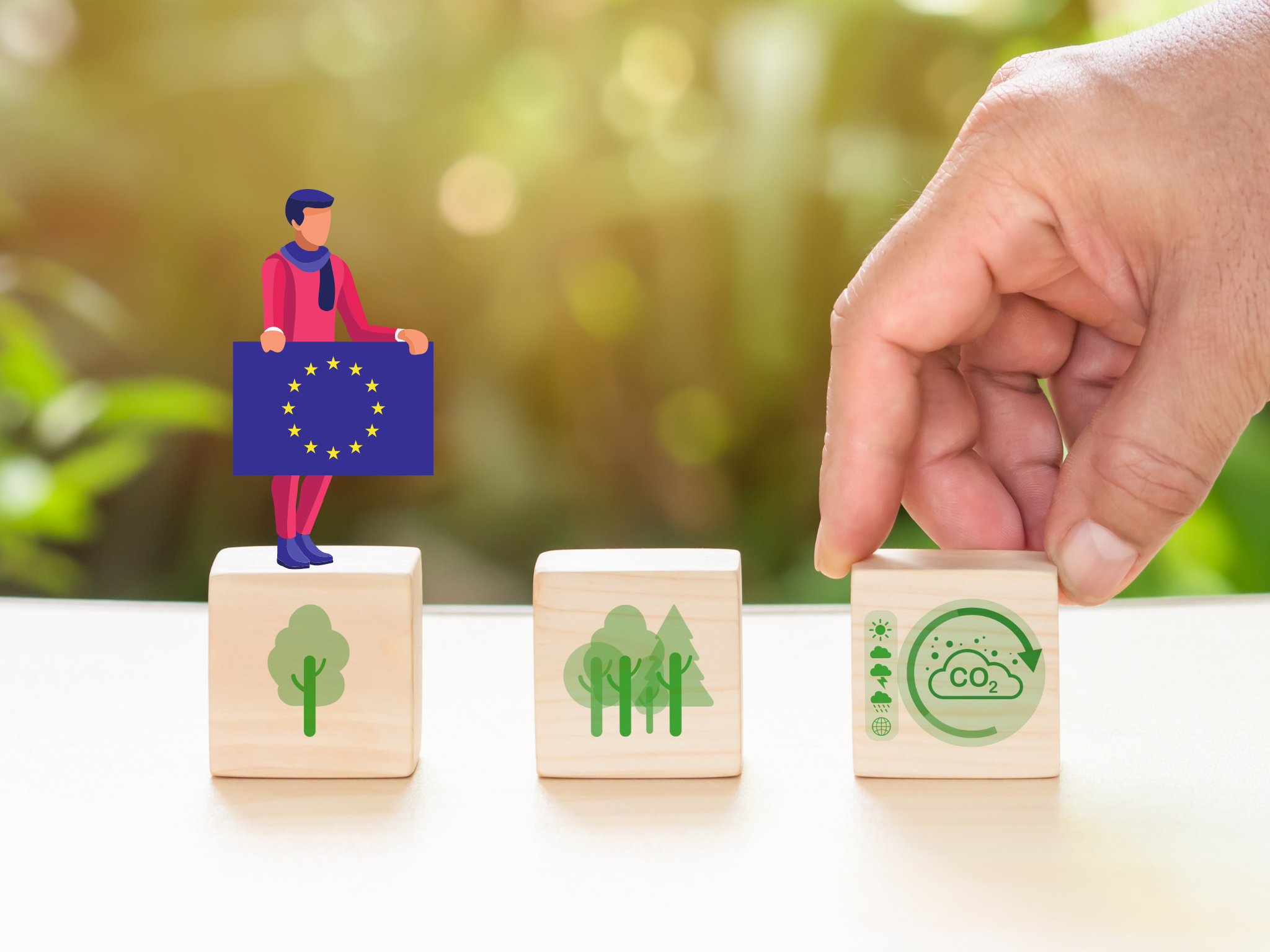
The Circular Economy Act
The Circular Economy Act expands the fundamental obligation of product liability to provide a duty of caring for those who make and market goods. Products should be crafted in such a way that they minimize waste generation during processing and usage, such that waste produced after use is recycled or disposed of in an environmentally sustainable manner. Member states are required to take steps to mitigate food waste at all levels of the food supply chain, track food waste, and report on progress under the amended EU waste regulations (Amending Directive (EU) 2018/851 ). The German legislator is adopting this guidance and applying the provisions of EU waste legislation in Article 33(3)(2)(g)(h) of the Circular Economy Act by amending it.
Littering because of food delivery, as ridiculous as it sounds is a real issue and something that needs to be resolved soon before it is too late. The destruction of the environment won’t wait for us to realize that this is something real and something we need to focus upon.
Conclusion
In conclusion, the convenience of online food delivery, while a boon in our fast-paced lives, carries with it a significant environmental cost. The surge in single-use plastics and packaging waste is a ticking time bomb for our planet. It's high time we, as consumers, recognize the gravity of this issue and make conscious choices to mitigate this impact. Whether it's opting for restaurants that use eco-friendly packaging, or better yet, reducing our reliance on delivery services and enjoying a meal out instead, every small step counts. Remember, the health of our environment is a shared responsibility, and the choices we make today will shape the world of tomorrow.
